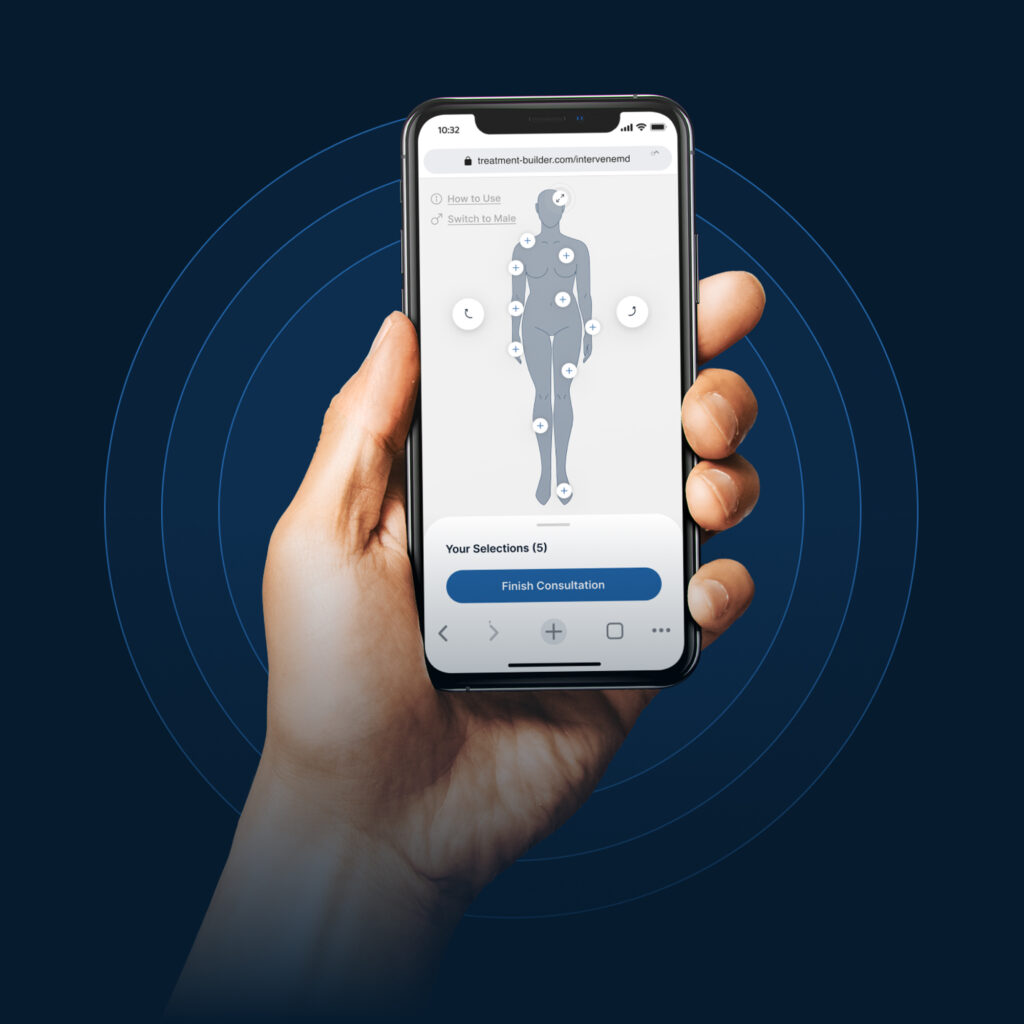
Sleep is essential to our lives. We need it to rejuvenate – to repair and revitalize our muscles and soft tissue, to process things we have learned, to regulate our mood and stress levels, and to ward off major medical problems like hypertension and diabetes.
A lack of sleep can cause irritability, grogginess, poor decision-making, impaired memory, weight gain, anxiety, depression, fatigue, and impaired immune system function.
Nearly 70% of individuals who are suffering from chronic pain experience sleep difficulties. The most common problems are difficulty falling asleep, waking frequently during the night, receiving few total hours of sleep, and daytime sleepiness. The relationship between pain and sleep is complex because not only can these sleep problems be an unpleasant side effect of chronic pain conditions, but they can also cause and intensify our existing pain.
Most experts recommend a range of seven to nine hours of sleep per night for adults, regardless of age or gender. This may seem impossible for people with chronic pain, but there are steps you can take to improve your sleep, which may lead to less pain and lower levels of depression and anxiety. The first step is to realize what you do during the day affects how well you will sleep at night. Then, try to improve your sleep hygiene, which is the process of doing things to establish and maintain sleep habits that enhance sleep, help you fall asleep more quickly, help you sleep more deeply, help you stay asleep, and ultimately help keep you healthy.
Things to try include the following:
- Reduce your caffeine intake, especially in the afternoons
- Quit smoking
- Limit alcohol consumption
- Limit naps to less than one hour, preferably less
- Make sure your day is active and interesting
- Beware of staying in bed too long—spending time in bed without sleeping leads to more shallow sleep
- Keep a regular daily schedule, including going to bed and getting up at the same time
- Follow a regular exercise program. Be sure to complete exercise several hours before bedtime
- Make your sleep environment conducive to sleep by wearing comfortable apparel, sleeping on a comfortable, supportive mattress, keeping your room temperature at a comfortable level, limiting noise, and ensuring that the room is dark
- Do something relaxing before bed (practice relaxation techniques such as meditation or guided imagery, listen to music, or read)
- Don’t watch the clock – turn your alarm clock around so that it is not facing you
- Keep a notepad and pencil by your bed to write down any thoughts that may wake you up at night so you can put them to rest
- Reserve your bedroom for sleep; do not use the bedroom for worrying, studying, discussing problems, arguing, paying bills, watching TV or reading
- Do not take a hot bath or shower right before bed; the body needs to cool a degree before getting into deep sleep
- Try drinking herbal tea at bedtime. (Chamomile may help with getting to sleep.)
- If you can’t fall asleep in a reasonable time, get up! Reading a book or doing the dishes in another room may enhance feelings of sleepiness and help you rest more easily when you return to bed. Don’t work on the computer or watch television
You can also talk with your doctor to see if there are medications that may lessen your sleep disturbance. Medications like low-dose tricyclic antidepressants (e.g., amitriptyline, nortriptyline, imipramine), over-the-counter and prescription antihistamines (e.g., diphenhydramine [Benadryl], hydroxyzine [Vistaril]) and trazodone often are useful in helping people sleep. You should also check with your doctor to make sure your current medications aren’t causing some of your sleep disturbance.
Chronic pain and sleep disturbance can turn into a cycle that’s difficult to break. So, it may take three to four weeks of trying these techniques before you begin to see a noticeable improvement in your sleep. During the first two weeks, your sleep may actually worsen before it improves, but improved sleep may lead to less pain intensity and improved mood.
Remember, there are major medical problems that can cause sleep problems, including heart disease, depression, obesity, and diabetes, so it is a good idea to discuss any sleeping problem that recurs or persists for longer than a few weeks with your primary physician.


